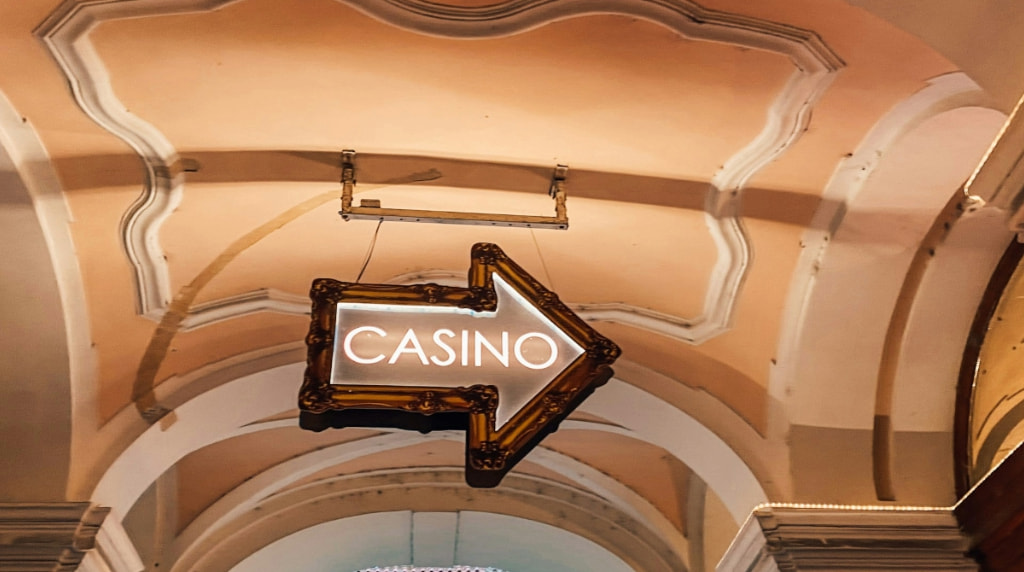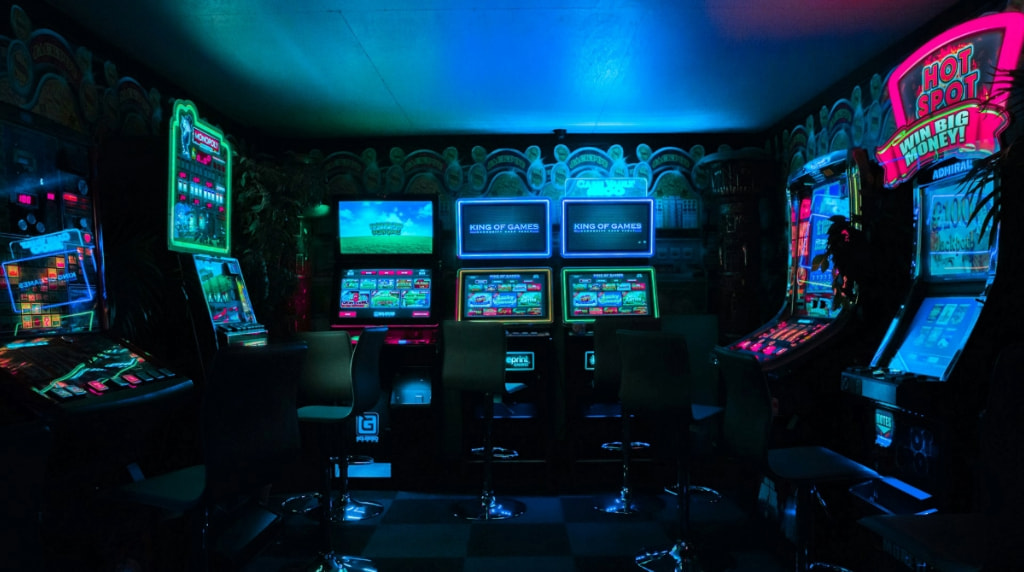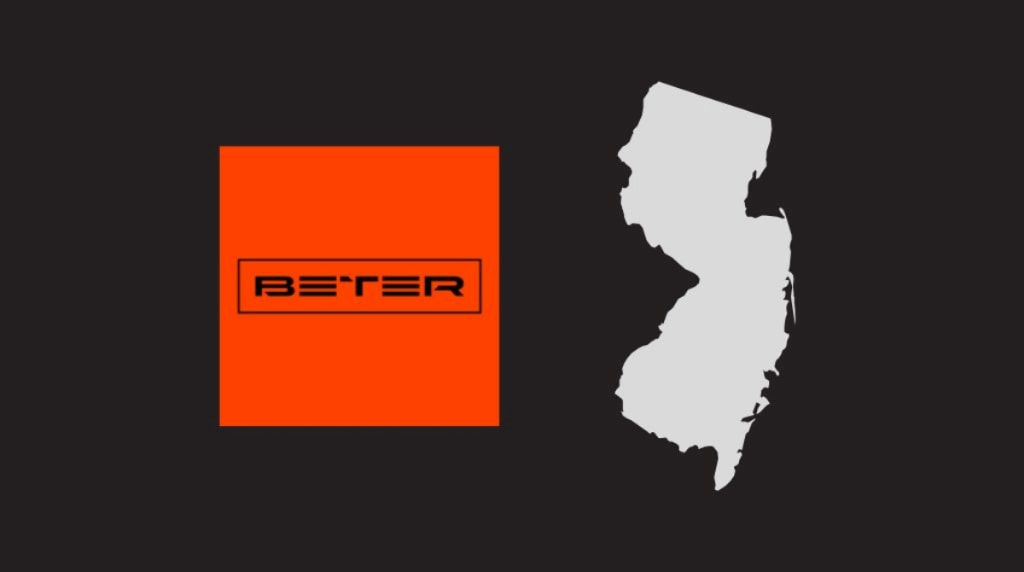North Dakota’s 2025 Charitable Gaming Reform Faces Pushback
Getting your group designated as a charitable public-spirited organization can come with a huge cash incentive in North Dakota.

Electronic pull tabs have become big business in North Dakota small towns. © Darla Hueske Unsplash
Key Facts:
- North Dakota legislators take aim at Public Spirited Organizations
- The Senate has already passed a bill that would exclude adult amateur sports organizations
- Charitable Gaming handle was over 2 billion in gross proceeds, with a population of only 750,000
You’d probably be forgiven for thinking North Dakota has no gambling. After all, it’s spelled out plainly in the North Dakota constitution.
The legislative assembly shall not authorize any game of chance, lottery, or gift enterprises under any pretense or for any purpose whatever.– North Dakota Constituition, Article 11,Section 25, ND.gov
But in 2017, someone had the idea that maybe a little bingo down at the Elks Lodge or a raffle for the kids’ golf team down at the high school might be okay. Seven years on, North Dakotans have 5,200 electronic pull tabs machines in more than 840 locations, with more applying for licensing every day.
The kids’ golf club in Minot, a town of less than 50,000 people, has $4.7 million in its bank account. Mandan, North Dakota, has less than 25,000 residents, but its youth baseball charity has almost $3 million tucked away for a rainy day.
So, while clearly, the law has greatly benefited some youth charities, other organizations, such as motorcycle clubs, adult snowmobile groups, and even the Bismarck—Mandan Convention Bureau have also raked in profits from registering as charitable organizations.
The law’s sweeping definitions of what constitutes a public-spirited organization have resulted in more and more abuse and complaints from citizens, according to Director of Gaming Deb McDaniel, who was tasked by the legislature with a study of the issue.
Janne Myrdal, a state senator, perhaps summed the situation up best. “I think we’ve seen certain things go astray a little bit, where the cattle have gotten out of the corral, and it’s beyond what the intent of our laws are.”
Senate Takes Quick Action
The North Dakota legislature convened on January 7, and by the 16th had already passed a bill 27 to 20 that would redefine the state’s past definition of who qualified for the charitable organization gaming permits.
Notably, they removed amateur sports competitions, educational activities, economic development, and tourism from the criteria for who meets the Public Spirited Organization criteria. This would have a seismic impact on the 320 groups that have already been permitted under the old law.
But first, it must pass the House and be signed by Governor Kelly Armstrong. And that is far from a done deal. While Governor Armstrong has not expressed an opinion on the bill, the Republican supermajority of 82 Republicans to just 12 Democrats is decidedly pro-business. They may take a hard look at the new law’s exclusion of tourism and economic development groups.
But whatever the House’s version, it should come as no surprise to the many organizations that have taken on the cloak of charity only to enrich themselves and their members that changes are coming to the law to ensure that the almost 100 million in revenues generated for public-spirited groups go only to those that are public-spirited.




